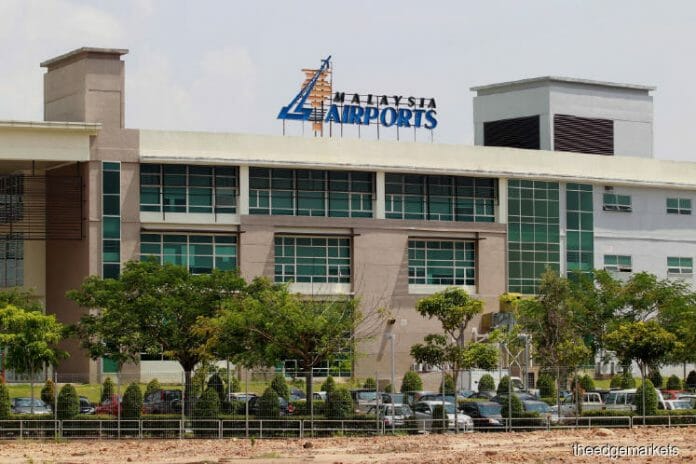Malaysian Aviation Commission (MAVCOM), has proposed to keep tariffs status quo for the year which is constant in real terms by inflating charges each year using CPI to be applied during Regulatory Period 1 (1 Jan 2023 to 31 Dec 2025) The regulator views that cost-based approaches to setting tariffs would be impractical when demand is low and uncertain as the sector continues its slow recovery.
As such, there is a significant risk of understating or overstating Malaysian Airports Holding Berhad’s average costs. This could result in a significant increase in tariffs. Kenanga believes the framework is to ensure that the airport operator does not take advantage of its dominant market position to either offer substandard service quality or charge exorbitant tariffs. Nevertheless, in its view, MAVCOM has to set a reasonable tariff rate given the urgency for airport expansion and maintenance CAPEX in Malaysia to enable MAHB to accumulate the required cash for CAPEX purposes.
In anticipation that MAHB is expected to incur losses following the slow recovery for air travel post-pandemic, if tariff remains status quo under RPI, MAVCOM proposed two mechanisms. A ‘loss accumulation mechanism’ proposes to keep track of the financial losses made by MAHB over the regulatory period and allows for a claw back under RP2 (Regulatory Period 2 from 1 Jan 2026 to 31 Dec 2028). Under RP2 and beyond, MAHB will start recovering losses incurred in RP1 over a ten-year period starting in Year 1 of RP2. The views are that MAHB’s earnings and cash flows are back-loaded which are needed for airport CAPEX plans. As suggested in the consultation paper,
MAVCOM will bear 90% of the cumulative losses and MAHB the remaining 10%. MAHB will be able to recover 90% of the loss over time starting from Year 1 of RP2. Similarly, MAHB will forego 90% of the profits achieved in RP1 which would be returned to customers in the form of lower airport charges in the future, and only retain the remaining 10%.
As the sector recovers, the Commission is expecting domestic traffic to represent a higher share of traffic overall/international traffic to represent a lower share overall. To overcome this relative shortfall in international traffic, the domestic PSC could be adjusted relative to the international PSC. An illustration of the cost-based approach suggests a significant increase in tariffs. With COVID-19, it is likely that demand in RP1 will continue to be possibly below pre-pandemic levels, suggesting that average costs will likely be higher than those seen prior to the pandemic. Therefore, a cost-based approach to setting tariffs could very well result in a significant increase in tariffs.
As such Kenanga is downgrading MAHB from OP to MP and cutting MAHB FY23F net profit by 10% as it lowered the passenger numbers from 108m to 100m. Correspondingly, TP is downgraded from RM7.65 to RM6.05 based on 22x FY23F EPS, from previously 25x due to higher downside earnings risk or at a 40% discount to closest peer Airport of Thailand due to its smaller market capitalisation. Note that Thailand’s tourism revenue is 3x larger than Malaysia’s.









